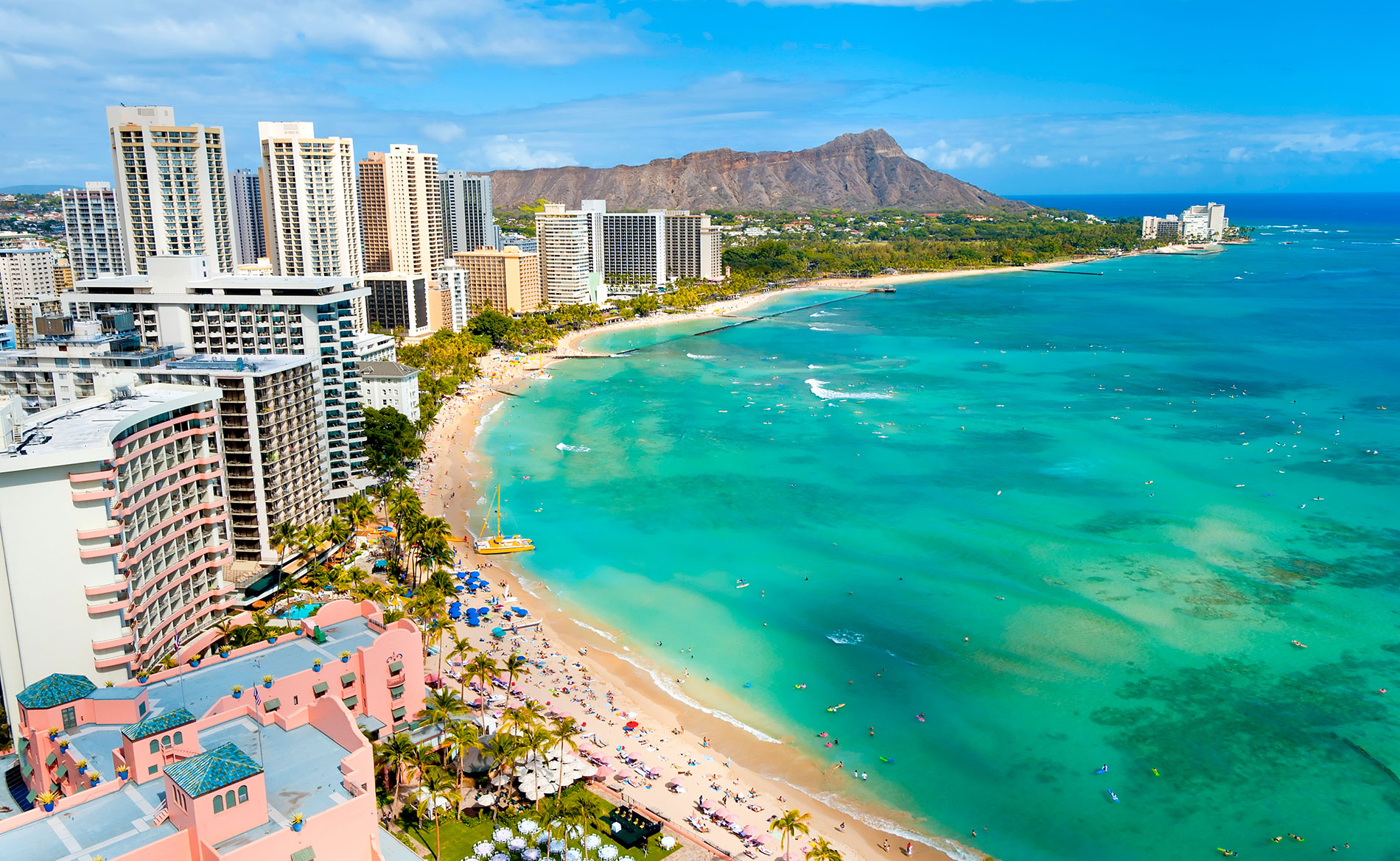
Researchers Explore a Distinctly Hawaiian Approach to Understanding and Healing from Settler Colonialism
One of the topics that Dr. Kaiwipunikauikawēkiu Lipe, Native Hawaiian Affairs Program Officer at University of Hawaiʻi Mānoa (UHM), will touch upon during her featured presentation at the 42nd Pullias Lecture on September 15, 2020, is settler colonialism. Her native Hawai’i stands in many ways as an example of the impacts of settler colonialism and Dr. Lipe leads a team at her university taking a close look at the drastic changes it has brought.
Settler colonialism refers to the systematic efforts to assimilate, isolate, or suppress indigenous people through the elimination of their societies, culture, language, and political systems. It represents a distinct type of colonialism driven by the replacement of the uniqueness of an indigenous population with a hybrid native-settler society that eventually consumes the original culture. Settler colonial states include, but are not limited to, the United States, Australia, Canada, and South Africa.
A recent report from Dr. Lipe and her co-authors from the UHM Truth, Racial Healing & Transformation (TRHT) Campus Center offers a stark example of settler colonialism in action. They highlight that less than 200 years ago Native Hawaiians relied solely on the resources within Hawai‘i to feed their people and did so while maintaining a healthy ecosystem despite being one of the most isolated places on the earth. Today more than 90 percent of food in Hawai‘i is imported, requiring use of a global transportation system that is contributing to sea rise that has already claimed one of the state’s islands in the northwest end of its archipelago.
While the system of settler colonialism seems — to many — like an unspeakable system of the faraway past, in reality it is very much tied to the everyday lives of entire populations. Settler colonialism is embedded in modern-day life through racism and its detrimental, long-lasting effects. It can start subtly or in more overt ways. “Suppressing and outlawing Native Hawaiian language in Hawai‘i was part of the settler colonial project to eliminate Native Hawaiian culture and the people themselves,” points out Dr. Lipe, who is also the director of the TRHT Campus Center at UHM, offers as one example. “I think settler colonialism is a construct and system that many folks on the U.S. continent either don’t want to see or talk about but is very tied to all of our realities and to racism.”
Higher education is one of these realities. With the recent traction of the Black Lives Matter movement, universities across the country have seen the creation of “Black at [university]” Instagram accounts, where students document and give testimony to microaggression and blatant racism they endure everyday on their respective campuses. These accounts have acted as catalysts for students calling their universities to take action against discrimination and racism. But in order to successfully eliminate racism and implement meaningful policies and changes, universities must understand the effects settler colonialism has on the higher education system.
Higher education is a system that is inherently tied to the construct of settler colonialism. Settler colonialism is a structural process which aims to replace and institutionalize the Indigenous population with that of the settlers. Universities do not exist in an abstract space, they are built on land. All land upon which American universities are built are Indigenous ancestral homelands.
If universities want to successfully eliminate racism, then part of that healing process will need to include exploring their histories of, and participation in, settler colonialism. Fortunately, universities have multiple resources such as curriculum, policies, and practices that can be utilized to engage in this exploration and reflection. In leveraging education to help populations remember and make amends with the past and present, universities will take a step in helping transform the future — in terms of both racism inside university gates and the relationships universities have with communities – not only but especially indigenous communities – surrounding them.